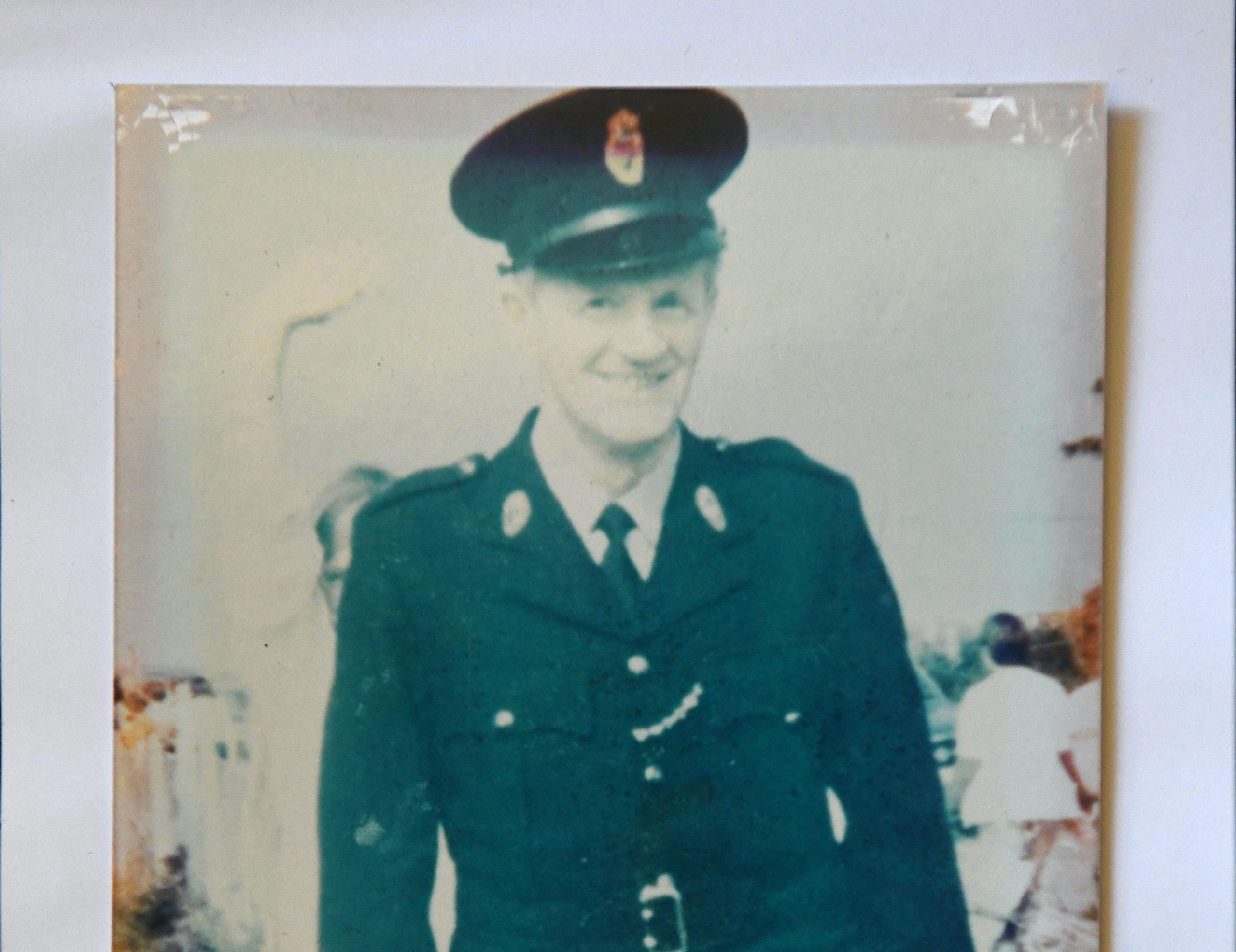Sergeant Joseph Campbell never wore his gun. For an officer in the Royal Ulster Constabulary in 1977 this was unusual, but Joe was an unusual RUC officer. He was Catholic, born across the border in Donegal, he rarely wore his uniform and he refused to drive. People liked him. Maybe it was because everyone liked him that he saw no cause to wear his gun, or maybe people liked him because he didn’t wear it. But, on the evening of February 25, 1977, Joe Campbell wore his gun. He was off duty and had spent the evening at home with…
Cancel at any time. Are you already a member? Log in here.
Want to read the full story?
Unlock this article – and everything else on The Currency – with an annual membership and receive a free Samsonite Upscape suitcase, retailing at €235, delivered to your door.

